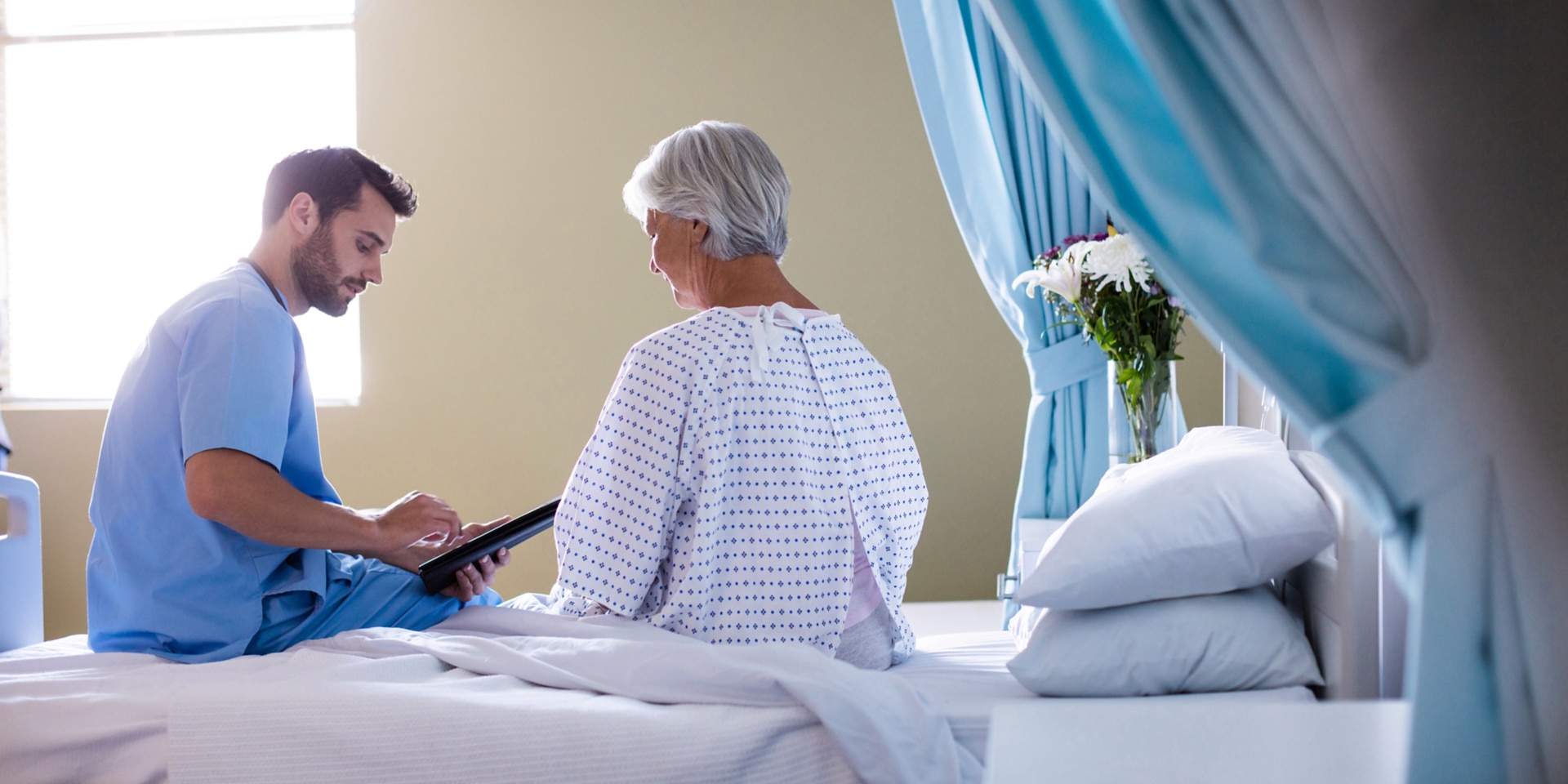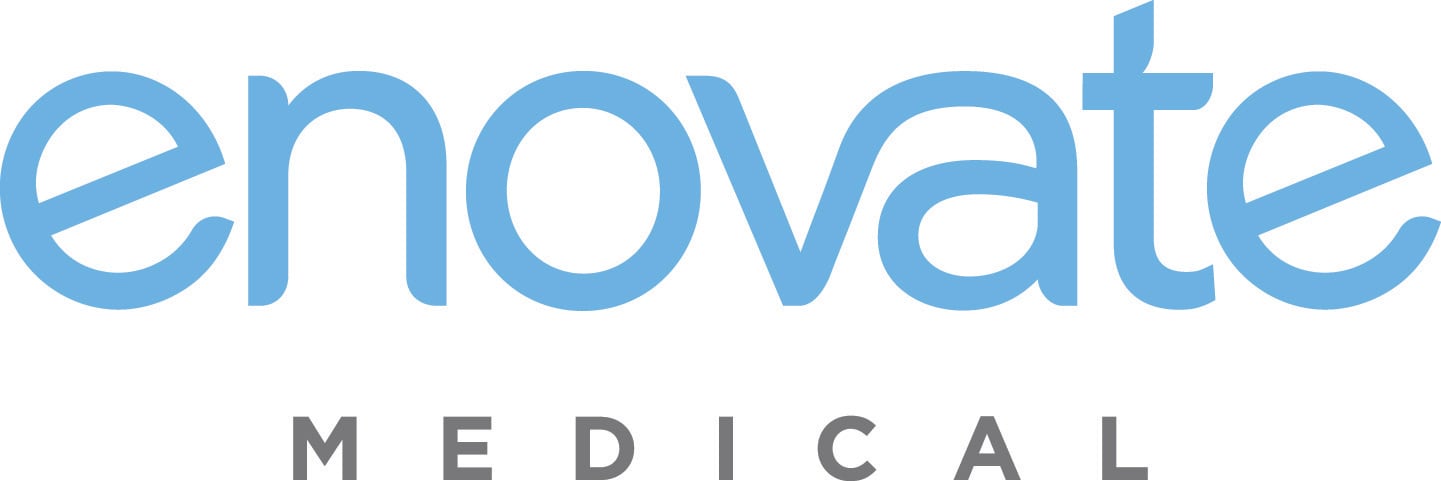June 13, 2018
Next-Generation Technology Enables a Better Patient Experience
To boost engagement and satisfaction, providers are embracing new tools and building strong IT infrastructures.

Healthcare organizations today are under enormous pressure to not only reduce high readmission rates but also ensure the overall wellness of their patients.
At least one estimate from researchers at Massachusetts General Hospital calculates that more than $8 billion is spent annually on potentially preventable readmissions. What’s more, federal regulations require the Centers for Medicare & Medicaid Services to reduce payments to some hospitals with excess readmissions.
Increasingly, providers are turning to digital tools to meet those needs, with a particular focus on patient engagement and satisfaction. Both mobile and fixed devices — smartphones, tablets, mobile electronic health records (EHR) workstations and more — are transforming the way clinicians interact with each other and with those in their care, and in doing so, are relocating the point of care to better meet the needs of patients. From smartphones and tablets to virtual and augmented reality technology, next-generation innovation enables medical professionals to provide enhanced care anytime and anywhere.
Meeting Patients on Their Terms
One of the biggest benefits of clinical mobility is that it makes critical-care physicians and specialists available in rural areas that might not have had access to such providers in the past. That means patients can stay closer to home rather than traveling or being transported to larger urban hospitals.
Remote medicine also makes sense when it comes to routine care. A patient with a minor cold can see a virtual physician within minutes from the comfort of home, as opposed to waiting for an appointment, driving to a doctor’s office or hospital, and sitting in a waiting room, exposed to germs from other sick patients.
Meanwhile, tools like AR and VR are helping providers to better treat patients within their walls. Some organizations have deployed the former as an alternative to using drugs for pain management, while others are using the latter to plan surgical procedures ahead of time.
Building the Proper Foundation
In rolling out such tools, it’s essential that the equipment and the network are reliable. Particularly in critical-care situations, a dropped connection or a frozen screen could mean the difference between life and death. Providing a 24/7 help desk, a backup cellular network and redundant equipment in case of failure are all vital to helping providers meet a wide variety of patient needs.
Additionally, healthcare organizations must prioritize privacy and security. That challenge increases with the use of remote mobile technologies. An enterprise mobility management solution can help administrators secure and manage devices, content and applications on-premises and in the field, but organizations must think holistically about protecting themselves. Layering multiple efforts on top of one another — patch management, segmentation and robust password development, for instance — helps to ensure that more bases are covered. A specific best practice of layered cybersecurity is adding a mobile threat defense solution to your mobile endpoints, as mobile device management tools don’t protect against device, network and application threat vectors on mobile endpoints.
Adoption of next-generation point-of-care tools will be critical to evolving and improving patient care. However, organizations must be sure to take a comprehensive approach to such deployments, paying attention to the foundation as well as the final result.
This blog post brought to you by:


Remy Morgan
CDW Expert

